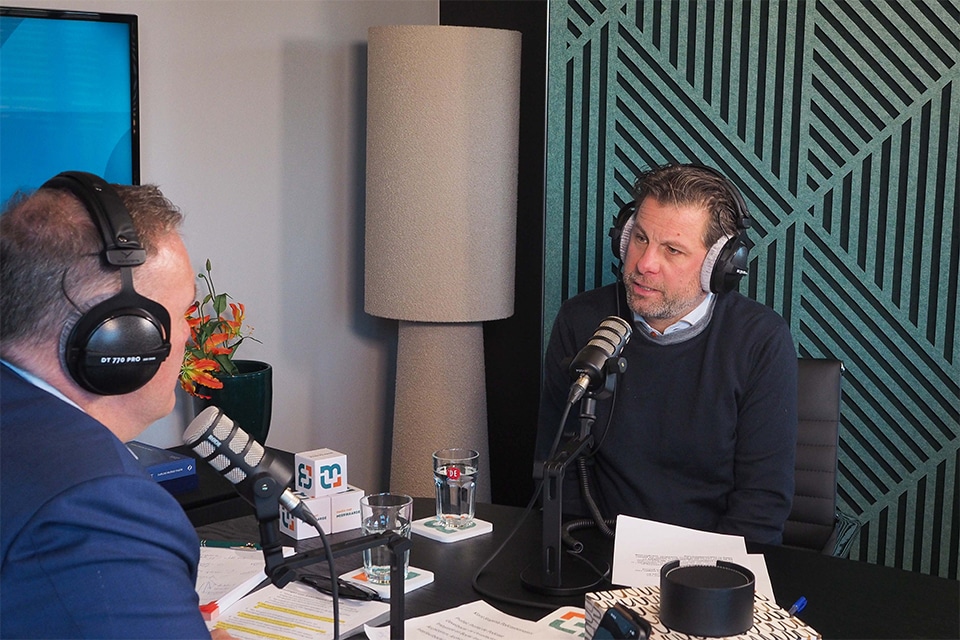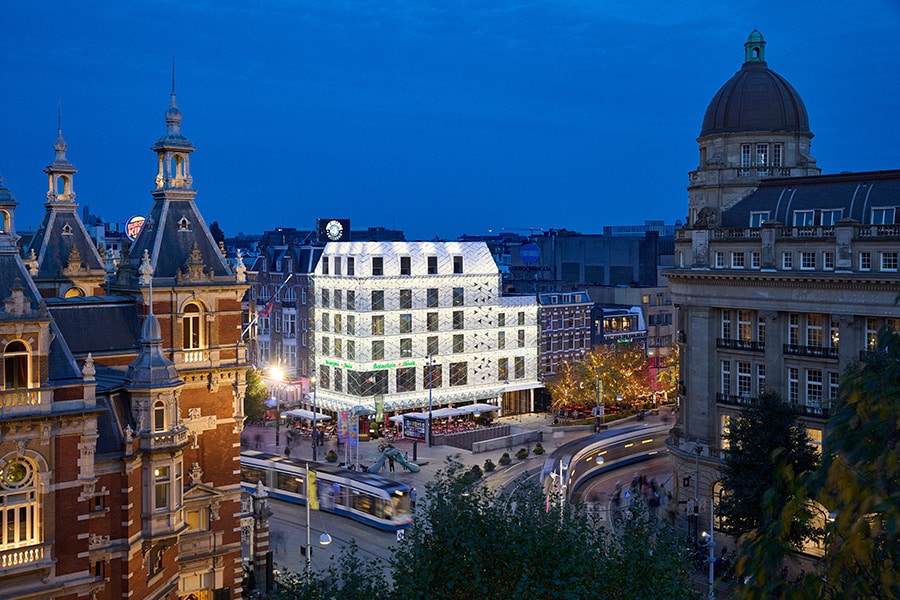
Duco Online Sessions: Webinar TOjuli & overheating
The comfort requirement was created on Jan. 1 to combat overheating in new homes. The ventilation and shading specialist is therefore organizing the TOjuli webinar on April 21. Advisor sustainability Rob Daniëls at Cauberg Huygen and technical-commercial advisor Michel Mengerink show solutions to inhibit this indicator in a natural way.
During this webinar, technical-commercial consultant Michel Mengerink explains what TOjuli means in practice. Mengerink: "Homes are increasingly well insulated due to strict energy standards. At the same time, summers are getting hotter, increasing the risk of overheating. Especially since homes are now being built en masse with large areas of glass.
Natural TOjuli inhibitors
Rightly so, since Jan. 1, 2021, mitigation of the risk of temperature overshoot is taken into account. This is enshrined in the TOjuli requirement. The challenge when designing a home shifts from "how to heat homes in an energy-efficient way" to "how to keep them cool in warm periods in an energy-efficient way. As an awning manufacturer, we gladly accept this challenge.
Duco does this by making optimal use of natural techniques, Mengerink explains. "No air conditioners and other energy-consuming devices, but quite simply: by means of outdoor sunshades and intensive night cooling. Both have a beneficial effect on thermal mass and provide an efficient and energy-efficient reduction in cooling loads. This applies to both ground-level housing and high-rise buildings."
Inspirational session
What bottlenecks occur in meeting the requirement for TOjuli? What natural concepts are applicable in high-rise buildings? Does CO2-steering on ventilation the TOjuli value? Together with Rob Daniëls of Cauberg Huygen, Mengerink delves into these and many other questions.
The webinar "TOJuli& overheating" will take place on April 21 from 10 am to 11 am. Please register via www.duco.eu/webinartojuli




